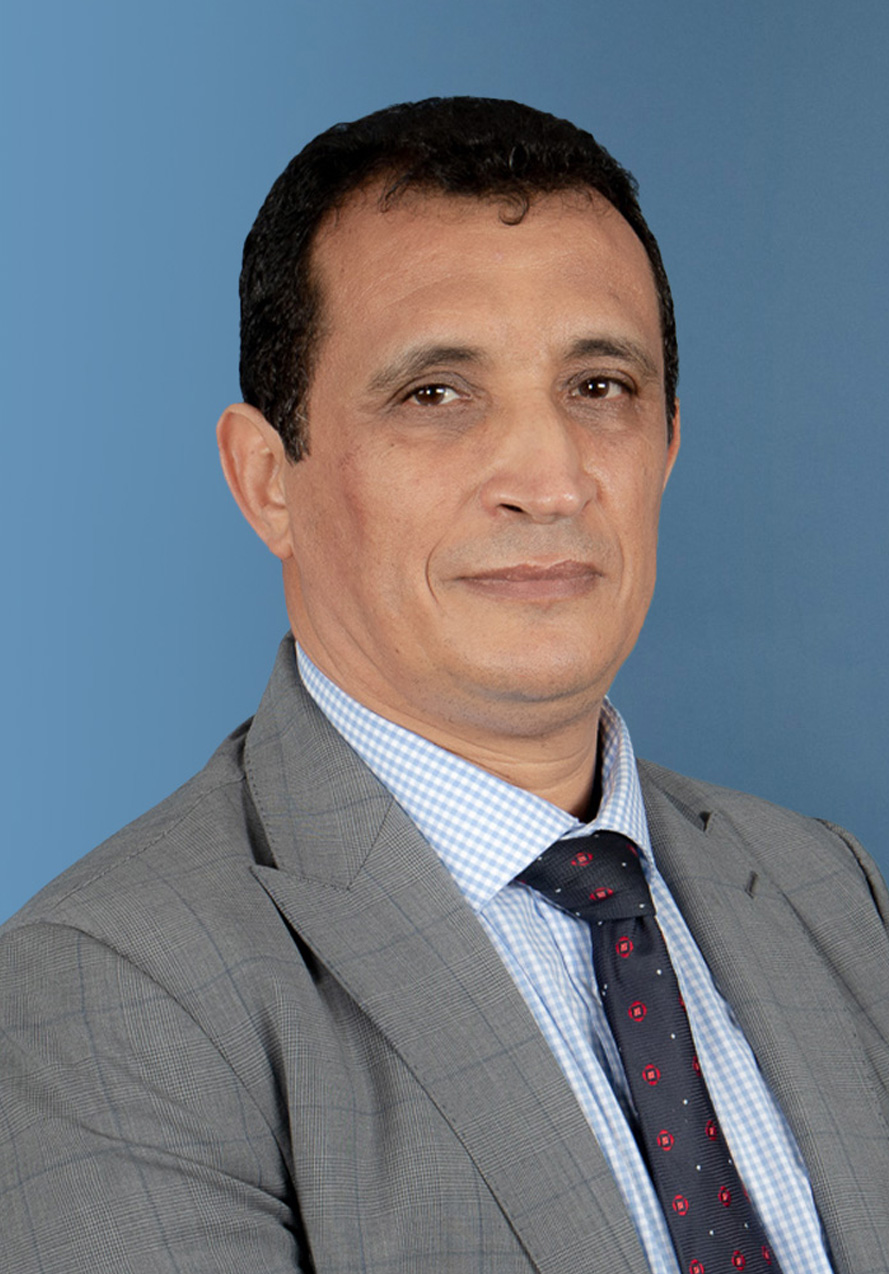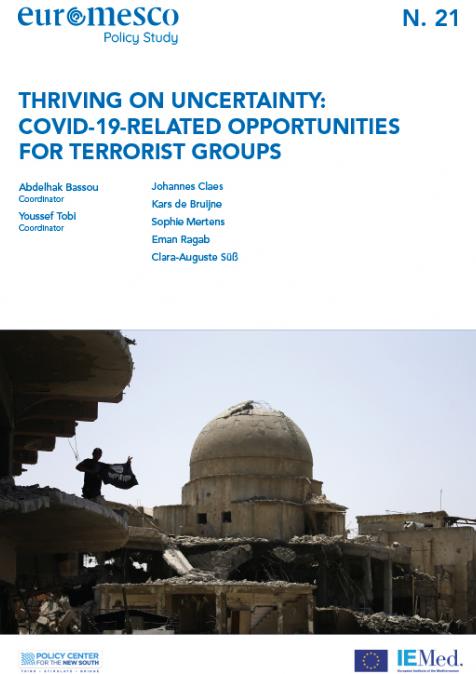L'année 2021 a été le théâtre de perturbations géopolitiques et de troubles géoéconomiques à l'échelle mondiale. À mesure que les événements s'accélèrent, nous entrons dans une période de transition géopolitique et géoéconomique ; la fin d'un cycle historique laissant présager les perspectives incertaines d'un nouveau cycle. Nous assistons désormais à un véritable changement à l'échelle planétaire, avec de multiples points de pression et forces motrices : géopolitiques, économiques, climatiques, technologiques, sécuritaires et sanitaires.
Le continent africain, qui s'est inscrit au cours des deux dernières décennies dans un processus de diversification des partenariats économiques, politiques et militaires aux niveaux des États et des institutions, tant au niveau continental que régional, risque d'en être affecté à des degrés divers. En effet, les conditions économiques mondiales combinées aux défis structurels de l'Afrique exacerbent des tendances sous-jacentes aux conséquences géopolitiques irréversibles : En premier lieu, la guerre en Ukraine survient à un moment où la scène géopolitique mondiale connaît des tensions entre la Chine et les États-Unis et où il est difficile de définir les points de repère du nouvel ordre mondial. Elle devient donc un enjeu dans une dynamique déjà ancrée et soutenue par une logique de solution optimale (coût minimal et bénéfice maximal). Vient ensuite la sécurité alimentaire en Afrique, qui est mise en péril. La capacité d'accéder en toute sécurité à des quantités suffisantes de nourriture est sévèrement compromise par la succession de conflits, de catastrophes naturelles et d'épidémies. Qui plus est, le changement climatique accroît le risque de conflit dans de nombreuses régions en exacerbant les facteurs sociaux, économiques et environnementaux existants. Les populations de ces zones comptent parmi les plus vulnérables à la crise climatique et les plus négligées par l'action climatique. Enfin, la faiblesse et l'instabilité institutionnelles de plusieurs États constituent des obstacles majeurs dans la lutte contre la violence et la pauvreté. Dépasser cette vulnérabilité, dans ses dimensions économiques et environnementales, est une priorité vitale pour l'Afrique.
Ce constat soulève quelques questions fondamentales :
Quelles sont les répercussions de la guerre sur les États africains en termes de lutte d'influence sur le continent et de contraintes économiques, militaro-sécuritaires et diplomatiques ? Quelles sont les stratégies individuelles et collectives de résilience et d'affirmation que les États africains doivent mettre en œuvre face à cette situation ? Quelles sont les implications de l'insécurité alimentaire en Afrique ? Comment améliorer la sécurité alimentaire sur le continent ? Quels sont les défis que pose le changement climatique à l'Afrique ? Quelles sont les spécificités des États fragiles en Afrique ? Comment renforcer durablement les États dans les contextes post-conflits ?



















